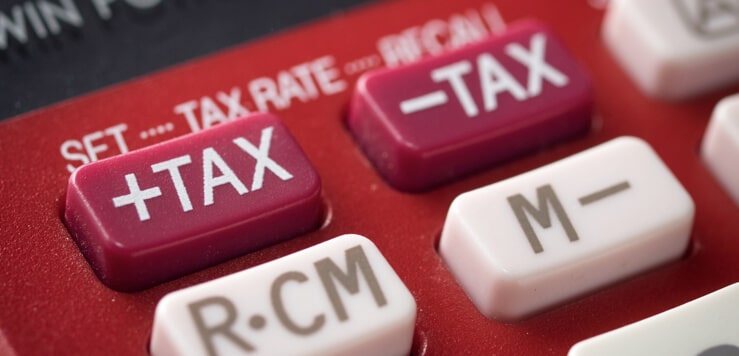The Pennsylvania Legislature has begun meeting in Harrisburg again for its fall session, two years after approving a gaming expansion that astonished some in the casino industry with tax rates among the highest in the nation.
Those stakeholders continue harboring hopes that provisions like a 36% tax on sports betting revenue and 54% levy on online slots revenue will be revisited, but the chairman of the House Gaming Oversight Committee says they shouldn’t get their hopes up anytime soon.
“I don’t see disappointment in anything” among legislators, said Rep. Jim Marshall, a Beaver County Republican who said the expansion is still too early to have shown anything detrimental to operators.
“I hear from stakeholders all the time on every issue on gaming, probably every day — we’re all learning together — but the sports betting is brand new, the VGTs in truck stops are still brand new,” Marshall told Penn Bets. Regarding tinkering with tax rates, “It really hasn’t come up for discussion in my committee … I would say it’s something closer to next June, if then.”
Marshall’s Senate counterpart, Chester County Republication Thomas Killion, who chairs the Community, Economic, and Recreational Development Committee, could not be reached for comment, but there has been no indication either that that chamber has any appetite for a new look at the finances behind the 2017 expansion law.
Follow the money
Both houses of the Legislature are led by Republicans, and they and Democratic Gov. Tom Wolf two years ago authorized mini-casinos, iGaming, sports betting, truck stop VGTs, and other aspects not because the gaming industry asked, but because the state’s finances were so bleak.
Mini-casino auctions and $10 million licenses set for casinos aspiring to offer sports betting and iGaming quickly helped fill that 2017-18 budget hole, but it’s too early to tell what kind of ongoing revenue will be derived from them by both operators and the state.
The state’s share from a $109 million sports betting handle in August was $2.2 million, and both those numbers will be escalating sharply with more operators getting started and the prime sports betting season getting underway in September. The state earned another $1.5 million in August tax revenue from just three online slots/tables sites, with more of those to begin in coming months.
Marshall suggests the House gaming committee is thus more likely this fall to look at some other issues that members are hearing more about from constituents, such as some updates to how small games of chance are run in clubs and providing clarity in the law concerning so-called “skill games” resembling slots in various outlets.
“I would just say it’s not a top priority,” Marshall said of looking at taxes.
The sportsbooks’ perspective
The fact that all but two Pennsylvania casinos have either already started sports betting or made clear their plans to do so would seem to limit their leverage to win changes in it, but it doesn’t mean it’s a dead issue to them.
“I would love to see Pennsylvania revisit the tax rate,” said Scot McClintic, head of sportsbook for Penn National Gaming, which was first in the state to begin taking sports bets last November at Hollywood Casino and will likely launch online in 2020.
While Pennsylvania sports bettors aren’t necessarily being hurt by the operators’ tax rates with any worse lines than what may be available in, say, lower-taxed New Jersey or Nevada, McClintic said they are missing out on various promotions that Pennsylvania operators feel hamstrung to provide.
New sportsbooks at Penn National properties in Indiana and Iowa, for instance, have offered lines on NFL games at -109 and -108 prices instead of -110, and that is unlikely to occur at Hollywood Casino, McClintic said.
“For Pennsylvania, we can barely make the math work already at -110,” he said. “We don’t have an economic option to do anything better for the customer.”
Operators have also said lawmakers were unfair to their needs in setting online gaming tax rates for slots and table games the same as those within casinos. Truck stop VGT operators, meanwhile, are hoping to win an allowance for more machines in those establishments than just the five allowed by the law.
None of them, however, should be holding their breath for anything of the sort to change in 2019.
The one bit of tinkering the Legislature already tried with the gaming expansion proved a bust.
The Pennsylvania Gaming Control Board saw no reason to continue holding mini-casino auctions in 2018 after no operator bid beyond the initial five locations, though 10 were authorized. The Legislature stepped in last June to require an additional auction, just in case someone was interested in making the minimum $7.5 bid. No bidder emerged at the Sept. 4 auction.
“We thought we’d put it out there, a short window of opportunity to see if there was interest,” Marshall explained. “You might say there’s lack of interest or the market is saturated, but I also think there’s probably some other issues. It could have been market-driven, or it really could have been any reason.”
Photo courtesy of Shutterstock.com






